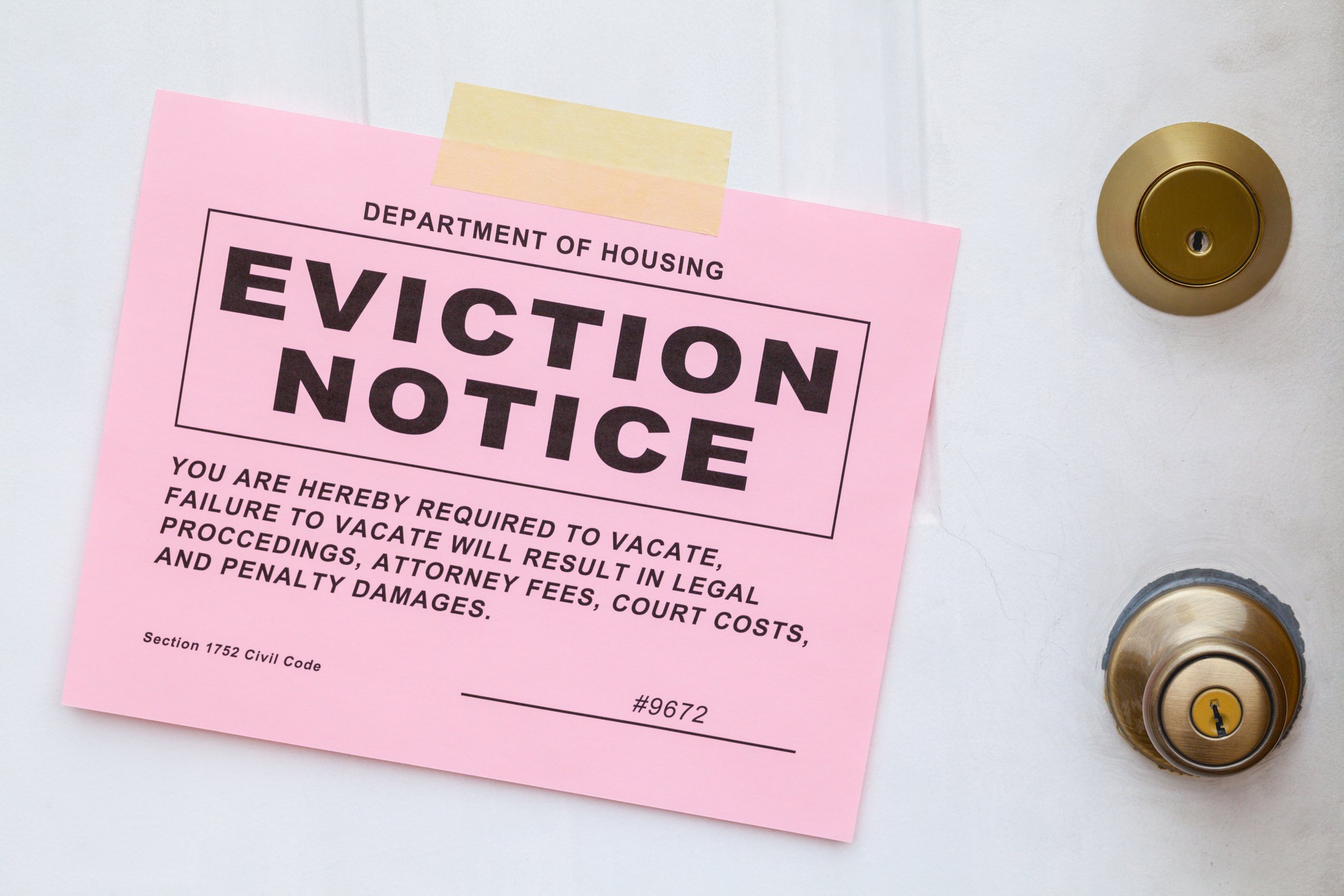FOR IMMEDIATE RELEASE
October 1, 2023
Contact Debbie Norman
(505) 764-8867
outreach@unitedsouthbroadway.org
Eviction Sealing Should Top New Mexico’s Legislative Housing Agenda
By Allison Freedman, New Mexico Center for Housing Law
In January 2023, the White House released a Blueprint for a Renters Bill of Rights, which called for immediate sealing of eviction case filings—often referred to as “Scarlet E’s”—to help reduce the likelihood that tenants would be “locked out of future housing opportunities without the chance to defend themselves.”
This call stems from a little discussed fact: a single eviction case can preclude a renter from finding safe and affordable future housing in perpetuity even where the tenant wins their case or the case was wrongly filed.
That single case also frequently results in tenants being denied basic civil and human rights, including access to employment, healthcare, education, and voting. And these cases affect many New Mexicans, with nearly 15,000 eviction cases filed in the state over the past year.
The compounding harms of an eviction case are made worse by the recent rise of tenant-screening agencies, a billion-dollar industry that sells inaccurate and incomplete data to landlords and depends on the perpetuation of evictions to survive.
For example, most screening agencies report any eviction filing as an actual eviction, regardless of whether the tenant prevailed in the case or remains in the home they were purportedly evicted from. This faulty information fails both landlords and tenants—it taints a landlords’ future rental pool and locks tenants out of housing they would otherwise qualify for.
To solve this issue, New Mexico has the chance to be at the forefront of enacting robust eviction sealing legislation that balances tenants’ rights to accurate reporting with landlords’ interest in transparency. The state is well situated to take on this challenge, having recently passed legislation aimed at sealing criminal records.
Although a handful of states have passed some form of eviction sealing or expungement legislation, many of these laws fall short of unlocking future housing opportunities for tenants wrongly saddled with a Scarlet E.
To truly create meaningful change, eviction sealing legislation should include three main components:
1. All eviction cases must be sealed at the point of filing. They should be unsealed where the landlord prevails and the tenant is actually removed from the home;
2. Cases older than seven years should be automatically sealed as stale evictions should not be used as a predictor of future tenant behavior; and
3. Tenants should be able to request that eviction records be sealed before seven years under special circumstances, including when the parties agree or a judge determines that sealing records is in the interests of justice.
Finally, sealing legislation should include access to sealed records for parties to the case, lawyers, judges and court staff, as well as others who demonstrate a compelling need (e.g. researchers, journalists, or government officials) to avoid stifling litigation, legislation, and research efforts. Carefully crafted eviction sealing legislation could help ameliorate the rental and homelessness crisis in New Mexico, a goal every New Mexican should applaud.
For further discussion or questions please contact the New Mexico Center for Housing Law.
Allison Freedman is a founding member of the New Mexico Center for Housing Law, and is an Assistant Professor at the University of New Mexico School of Law, teaching primarily in the Economic Justice Clinic.


